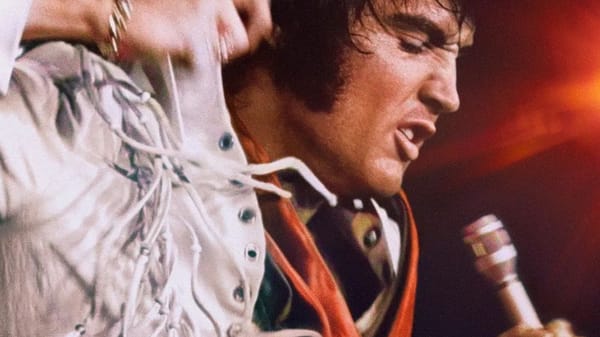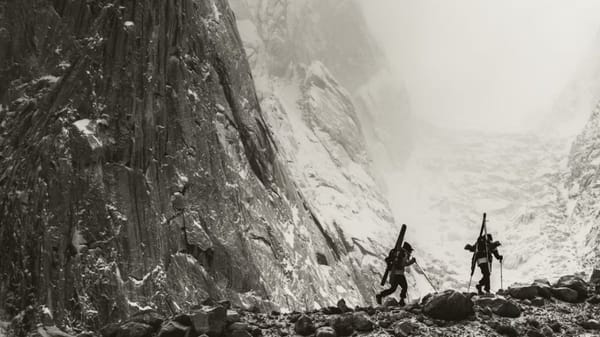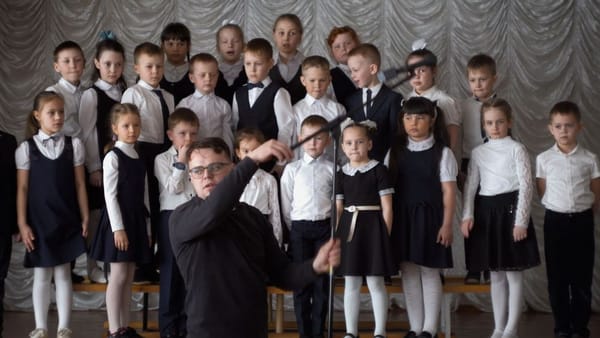Doc Restoration – Commune (dir. Jonathan Berman)
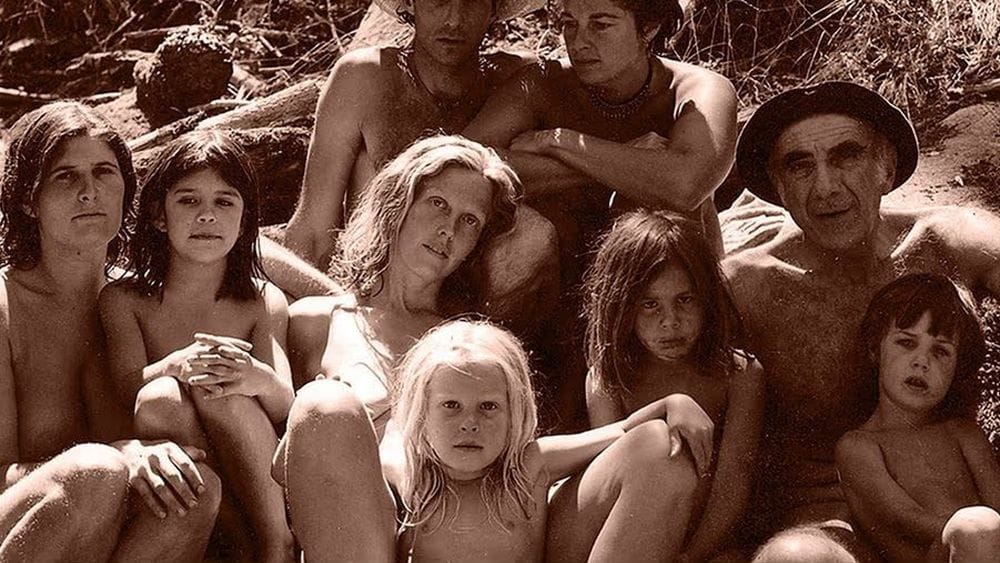
A couple of years ago, my manager at the time got her team together to do some year-ahead planning and team bonding. She also asked where we’d like to be in six months, one year and five years. Among the standard answers of wanting to complete this project or get this initiative off the ground, I answered (somewhat jokingly, somewhat not) that in five years it’d be nice to be living on some sort of hippie commune and not have to think about the doldrums of my day job. The implication not so subtly being that work is miserable. It was a safe space, I suppose. One of my colleagues said something similar; she wanted to live a “van life”, earning enough through side hustles and odd jobs to spend the majority of her time travelling around in her van with her partner.
That was a sort of roundabout way of saying that the urge to drop everything and to go and live in a hippie commune, tending to the yard and smoking weed and trying to fight the system while being naked outdoors and wearing big knit sweaters when it’s cold is not entirely unfamiliar to me. Tapping out of the system we’ve grown into where people don’t just suspect that the government is actively working against them, but know it. Millennials like myself did live in a time before technology entirely took over our lives and so while I clearly have not thought about this too intently or realistically, it seems like an entirely relatable way of being. Like the freelanders (“free land for free people”) in Jonathan Berman’s doc, we are surrounded by global catastrophe, political misery and a system rigged against anybody who doesn’t have seven figures in their bank account by the age of 19. Like I said, the urge is real and it's not hard to see why.
It’s also not hard then to see why Commune has gotten a 20th anniversary restoration and re-release ahead of much more significant, popular or acclaimed documentaries from 2005. Seems we’ve maybe swung past the idea of societal retreats being the domain of doomsdayers and right-wing lunatics, and back to normal people who just want to feel like there can be more to life by, in a way, there being less to life. Of course, those are all romanticised notions as Commune shows us. You can likely never quite escape human emotions and public perceptions. Like when commune buddies become lovers who become partners. Like when the police raid your land and seize marijuana only for it to actually be a tomato plant.
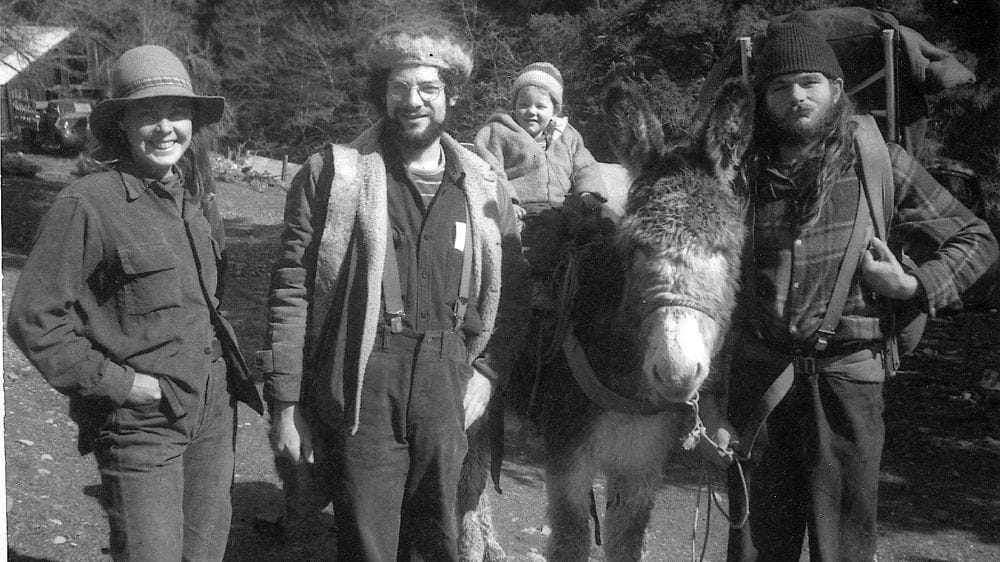
Commune is the story of the Black Bear Ranch in California, mostly at the time made up of castaways from San Francisco or Oakley and other surrounding areas. I have deliberately skipped a beat-by-beat retelling of the story because you can probably figure that out yourself. Their life at this remote 80-acre hideaway all looks very nice and entirely unreplicatable in 2025. Even communes have a cost of living crisis, okay! Set against the tide of political unrest, there’s also Peter Coyote in there who was once a member. What’s the opposite of a jump scare? When Peter Coyote showed up, I had one. Berman’s film is hardly the most polished film even with a restoration. It looks to have been shot on video and less about the movement than it is about this particular ranch. There are cross-overs with the real world, but Berman is just as interested, if not more so, in the interpersonal relationships and how people’s perceptions were challenged by simply existing in this space.
It's an entertaining film, although not necessary a great one. It struck me as maybe a bit more progressive in the ideas it wanted to raise. For 2005, I mean. Which was nice. Particularly those around the women members, and to an extent the response of the men around them. Having time to sit and contemplate is something so many documentaries do not afford their subjects, so obsessed with the now as many of them are. These subjects largely look back fondly on their time and there’s a sweetness here that allows it to play as nostalgia just as much today as it likely did 20 years ago, amplified by a lovely score by Elliott Sharp. It’s extremely unlikely I’d ever live this sort of life. I don’t even think I’d be particularly good at it, even if I attempted it. But I hope that, like these people, I don’t lose sight of the bigger picture that could come from it that is so nicely put by Black Bear Ranch's former members.
If you would like to support documentary and non-fiction film criticism, please consider donating by clicking the above link. Any help allows me to continue to do this, supports independent writing that is free of Artificial Intelligence, and is done purely for the love of it.

